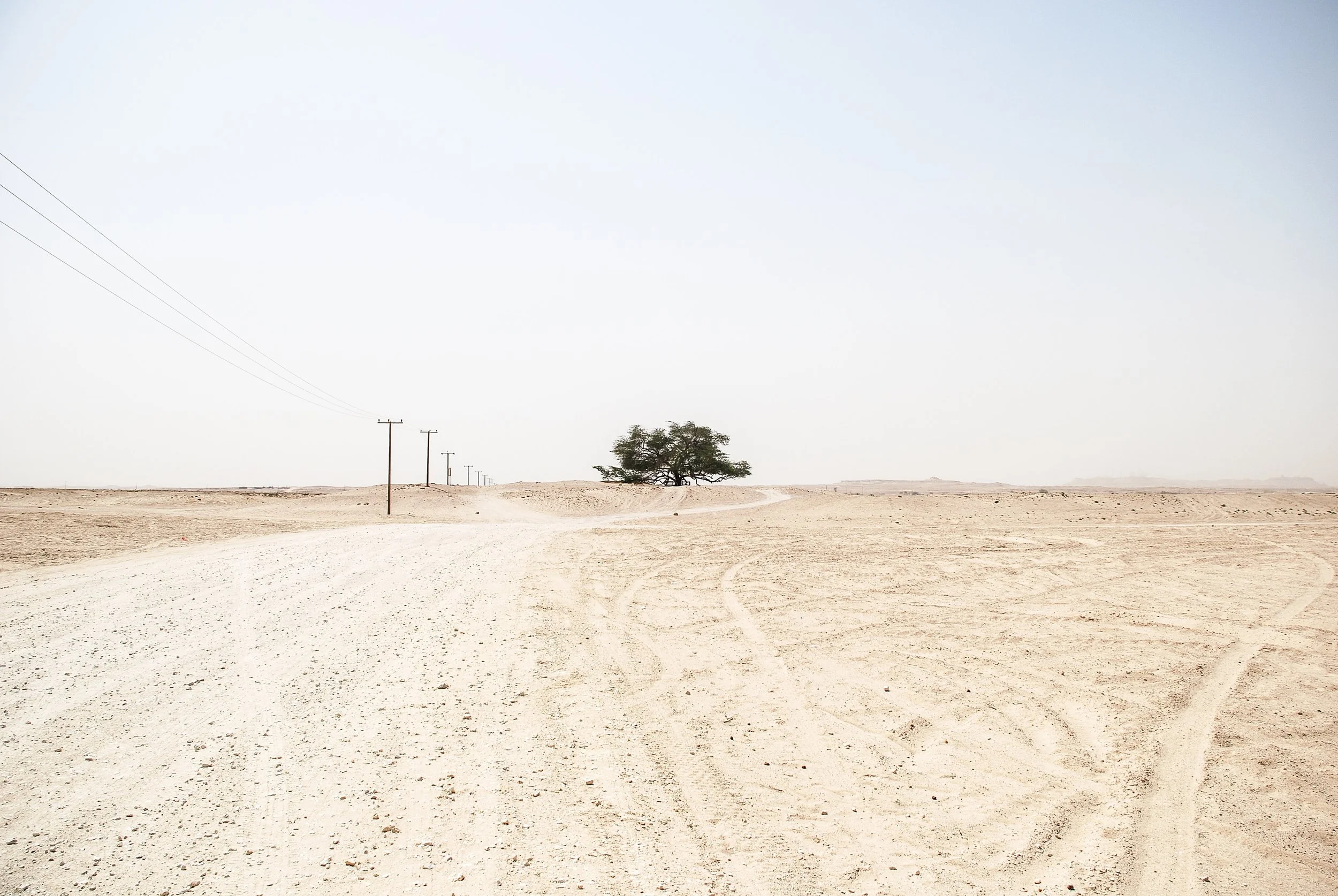In Defense of Sweatpants
This Monday is different than, say, Monday, February 10th. Even though Monday, March 23rd is not at all like any other Monday in recent memory, most of the advice I’m reading is treating them as the same.
Take your work life and move it to fully remote. Here’s how to keep doing the exact same things you were doing in person. Welcome to Zoom!
Oh, and, since you’re not going out as much, what an amazing time to tackle that list of projects you’ve never had the activation energy to get started! Sure, there’s a pandemic, but there’s no time like the present to do all the things you’ve convinced yourself you wanted to do, but never actually got around to.
To this I say, no thanks.
Perhaps the most widely circulated piece of advice is to get dressed even though you aren’t going to the office. I get that this can work to jumpstart productivity for some folks and, if it works for you, by all means do it. But pants are not a panacea for uncertainty and fear and declining motivation and paralysis. Instead, my recommendation is to stay in the sweatpants. Sweatpants are a much better accoutrement to WTH is going on than street clothes. Plus, one of the unique things on offer right now is the ability to be cozy while working. So I say, take advantage of it.
Being in sweatpants while working is a reminder that this moment in time isn’t normal. As we reckon with that fact, I believe we have two ways to proceed:
Keep doing what we’ve been doing. Try very hard to maintain the routines that made us feel stable before. There’s comfort here. But, my worry is that as the world continues to evolve this option is going to serve us less and less well.
Notice. Reevaluate. Act. Like our sweatpants, there’s something on offer here that we’ve never seen before. What is it?
I have no idea. But I’m trying really hard to pay attention. The choices before us reminded me of something Elizabeth Gilbert said after Rayya’s death:
We don't know why we're so different from every other thing that has ever lived on this planet, but we are. And it's a burden and it's a privilege, and I don't think optimism is changed by tragedy. I'm tremendously excited about my life. I'm thrilled about it. And I will also say this -- and I want to say this very honestly, because I want to dare people, when they go through their own grief, to think broadly, as broadly as they possibly can, as bravely and as radically as they possibly can, about what their futures look like, because the truest and broadest reality is that there is a life that I could only have with Rayya, and that life is gone, but there is also a life that I can only have without her, and that life is just beginning. And the fact that I was so devoted to her was such an incredible experience to have of love. But with her gone, to be very honest, there are things I could do that I couldn't have done before. And people feel guilty about saying that because they feel like it's disloyal or that it's criminal to say that, that this person wanted to live and wanted to do these things. But what I'm exploring now is, OK, these are the new terms. The person I loved more than anyone in the entire world, the one person in the world I always said I cannot live without, is gone. So what does that leave me in terms of what I now get to be? OK, well, now I'm a person and there's no one in the world I can't live without. That's very freeing. Where can I go? What can I explore? What worlds can I move in now? What freedom can that bring me? And how can I do that without sacrificing one bit of the love and devotion and passion that I had with this one completely irreplaceable human being? So I got to have that. I didn't want it to end the way it ended, but it wasn't up to me. It ended the way it ended, but now I get to have whatever's coming. And it is ashes to ashes, dust to dust, and it is amazing, and I wouldn't miss it for the world.
These are new terms. So, what are you going to wear today?
(Photo by Victoria Bilsborough on Unsplash)






